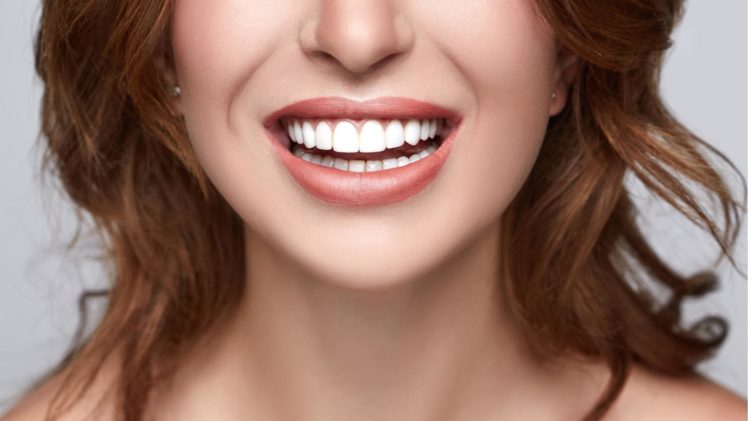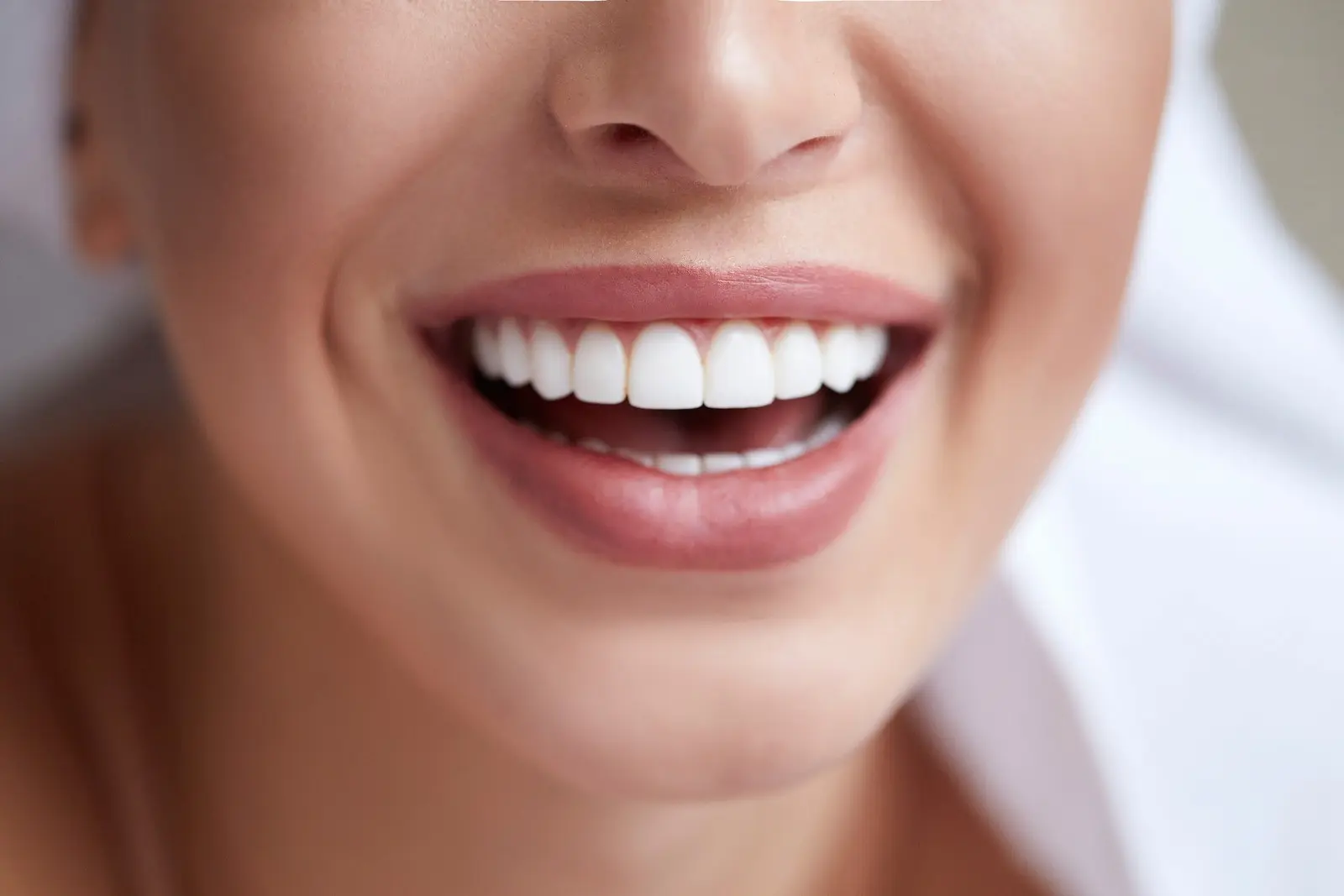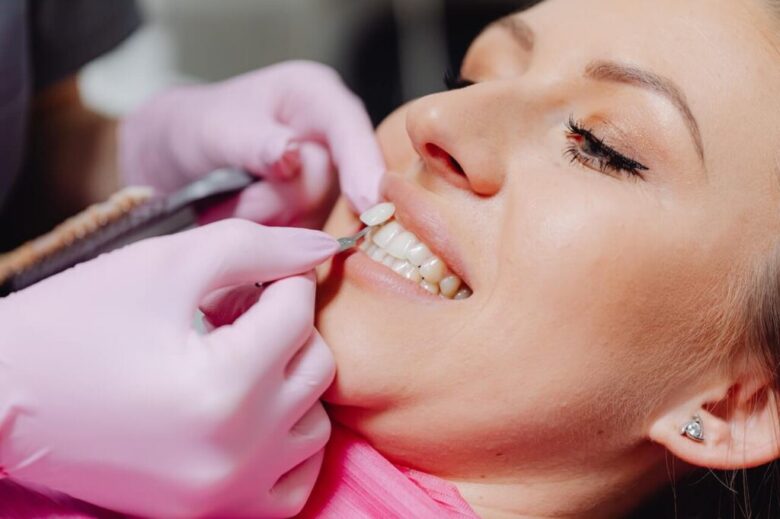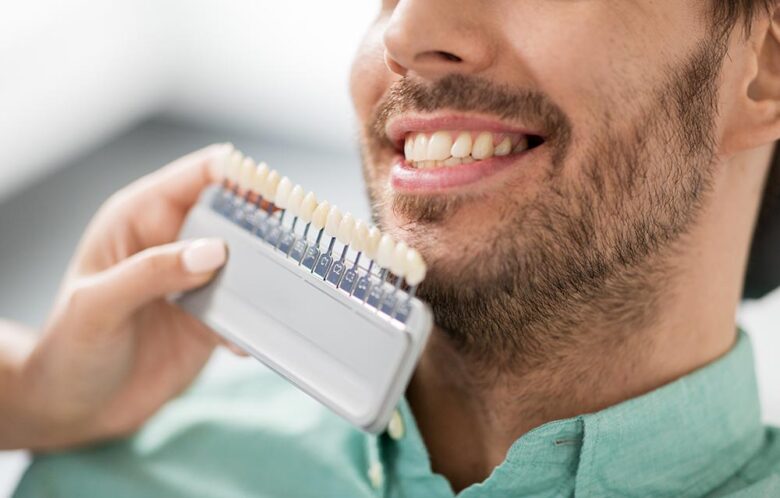Porcelain veneers have become a popular choice for those seeking a stunning smile transformation. These wafer-thin shells, custom-made to fit over your teeth, can give you the perfect set of pearly whites you’ve always dreamed of. However, to ensure the longevity of your porcelain veneers, it’s essential to understand what to expect and how to care for them properly.
Contents
- What Are Porcelain Veneers?
- The Longevity of Porcelain Veneers
- Tips for Prolonging Porcelain Veneers’ Lifespan
- Understanding the Material: The Science Behind Porcelain Veneers
- Customizing Your Veneers: Factors Affecting Aesthetic and Durability
- Lifestyle Considerations: Habits that Impact Veneer Longevity
- Emergency Care and Maintenance: Handling Veneer Damage
What Are Porcelain Veneers?
Before delving into the tips for prolonging the lifespan of your porcelain veneers, let’s briefly explore what they are. Porcelain veneers are thin, custom-designed shells made from high-quality dental porcelain. They are expertly crafted to mimic the appearance of natural teeth, providing a beautiful, durable solution for various dental imperfections.

Source: artazadds
The Process of Getting Porcelain Veneers
The journey to achieving a flawless smile with porcelain veneers involves a few essential steps:
- Consultation: Your first step is to schedule a consultation with a skilled cosmetic dentist. During this initial meeting, you’ll discuss your smile goals, and the dentist will determine if porcelain veneers in Waldorf, MD are the right choice for you.
- Preparation: To make room for the veneers, a small amount of enamel is removed from your teeth. This ensures a snug fit for the veneers without making your teeth appear bulky.
- Impressions: Precise impressions of your teeth are taken to create custom veneers that perfectly match your natural teeth in terms of color, shape, and size.
- Fitting: Once your veneers are ready, they are carefully bonded to your teeth using dental cement, instantly transforming your smile.
The Longevity of Porcelain Veneers
Now that we understand what porcelain veneers are, let’s discuss what you can expect in terms of their longevity and how to extend their lifespan.

Source: drkorwin.com
Durability
Porcelain veneers are remarkably durable and can last for many years with proper care. On average, you can expect them to last anywhere from 10 to 15 years or even longer. Their longevity is influenced by several factors, including:
- Oral Hygiene: Maintaining excellent oral hygiene practices is crucial. Regular brushing, flossing, and dental check-ups are essential to prevent issues that could compromise your veneers.
- Avoiding Hard Foods: While veneers are sturdy, it’s best to avoid biting into hard or crunchy foods like ice or nuts to prevent chipping.
- Stain Prevention: Porcelain veneers are stain-resistant, but it’s advisable to limit the consumption of staining substances like red wine, coffee, and tobacco.
Possible Repairs and Replacements
Over time, your veneers may require repairs or replacements due to normal wear and tear. Chips, cracks, or discoloration can occur, but these issues can often be addressed by your dentist.
If you experience any problems with your veneers, it’s essential to consult your dentist promptly. They can assess the situation and recommend the most suitable course of action.

Source: bunkerhilldentistry.com
Tips for Prolonging Porcelain Veneers’ Lifespan
To ensure your porcelain veneers stay radiant and beautiful for as long as possible, follow these tips:
- Maintain Regular Dental Check-ups: Schedule routine check-ups with your dentist to monitor the condition of your veneers and address any issues promptly.
- Practice Good Oral Hygiene: Brush and floss your teeth regularly to prevent plaque buildup and maintain the health of your natural teeth and veneers.
- Use a Soft-Bristled Toothbrush: Opt for a soft-bristled toothbrush to avoid abrasive damage to your veneers and gums.
- Avoid Teeth Grinding: If you tend to grind your teeth at night, consider using a nightguard to protect both your natural teeth and veneers.
- Protect Against Trauma: Be cautious during physical activities or sports that could lead to dental trauma. Wearing a mouthguard can safeguard your veneers from accidental damage.
- Monitor Your Diet: Minimize the consumption of foods and beverages that can stain your teeth and veneers, such as red wine, tea, and certain sauces.
Understanding the Material: The Science Behind Porcelain Veneers
Porcelain veneers are more than just cosmetic enhancements; they are marvels of dental material science. Understanding their composition helps in appreciating their care requirements. Dental porcelain, a type of ceramic, is selected for its strength, durability, and aesthetic appeal. This section will delve into how porcelain mimics the translucency and gloss of natural teeth, and why it’s chosen over other materials. Additionally, it would cover how the quality of porcelain impacts the veneers’ resistance to staining and chipping, thereby influencing their lifespan.

Source: gentledentistrysparta.com
Customizing Your Veneers: Factors Affecting Aesthetic and Durability
Customizing porcelain veneers is pivotal in enhancing both their aesthetic appeal and durability. The process involves meticulous tailoring to individual dental profiles, considering factors like the natural teeth’s color, shape, and alignment. Shade selection is crucial for a seamless blend with existing teeth, ensuring a natural, uniform look. The veneer’s thickness and contouring are also vital, as they must complement the underlying tooth structure for optimal strength and longevity. Additionally, the dentist’s skill in shaping and fitting these veneers is essential; precise application minimizes risks of dislodging and wear over time. By addressing these key aspects, customized veneers not only elevate one’s smile but also promise enduring quality and resilience, making them a worthwhile investment in dental aesthetics.
Lifestyle Considerations: Habits that Impact Veneer Longevity
Lifestyle factors can significantly influence the lifespan of porcelain veneers. This section will discuss common habits that might inadvertently damage veneers, such as nail-biting, using teeth as tools, or consuming excessively hard or chewy foods. It would offer advice on making small lifestyle adjustments to protect veneers, like using a straw for dark-colored beverages or switching to a less abrasive toothpaste. The segment would also highlight the impact of smoking and alcohol consumption on the aesthetic and structural integrity of veneers.

Source: avalondentalcare.net
Emergency Care and Maintenance: Handling Veneer Damage
Despite best efforts, accidents can happen, and veneers may get damaged. This section would guide readers on what to do in case of a chipped, cracked, or dislodged veneer. It would emphasize the importance of immediate consultation with a dentist and provide tips on temporary care until professional help is available. The segment would also explore the options for repair or replacement, depending on the extent of the damage, and how timely intervention can prevent further complications and extend the veneers’ lifespan.
In conclusion, porcelain veneers are a fantastic option for achieving a flawless smile, and their longevity can be extended with proper care and maintenance. By following these tips and regularly consulting your dentist, you can enjoy your stunning smile for years to come. Remember, investing in your oral health is an investment in your overall well-being and self-confidence.
